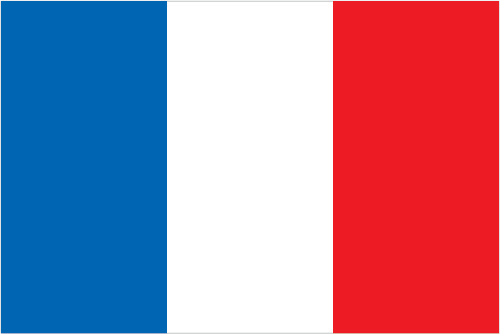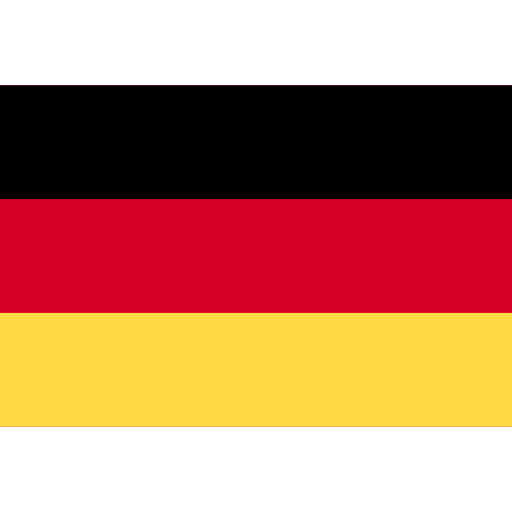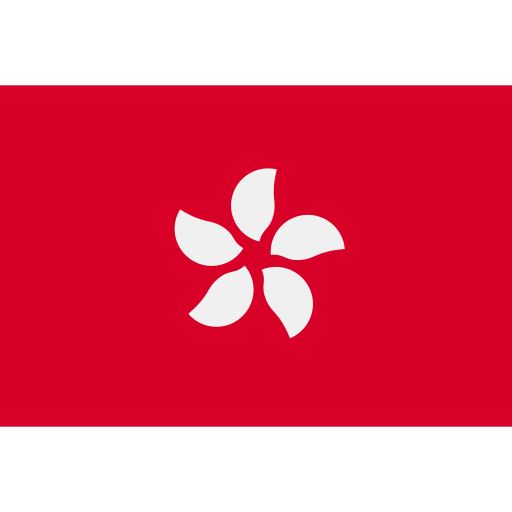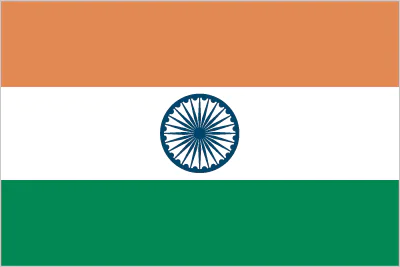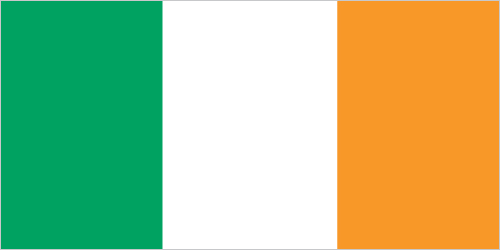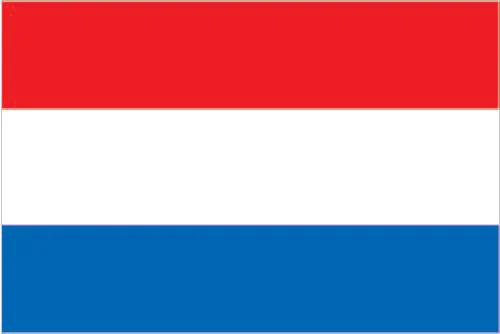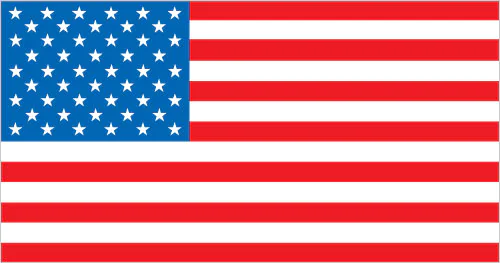Your Monday morning coffee briefing from TFG. Here are some of the last week’s updates from the trade sector. The European Central Bank’s latest stability report suggests the shadow banking sector – financial lenders that are not traditional banks, such as investors, insurance companies and pension funds – could be overexposed to a financial shock. UK manufacturing output continued to fall in November, according to the CBI’s latest industrial trends survey, with output expanding in only five out of 17 sub-sectors. Iran has seen widespread protests over the government’s decision to reduce fuel subsidies at a time when inflation is over 40%.
What happened last week?
ECB warns over shadow banking and low rates
The European Central Bank’s latest stability report suggests the shadow banking sector – financial lenders that are not traditional banks, such as investors, insurance companies and pension funds – could be overexposed to a financial shock. It says: “In the event of a sudden repricing of financial assets, growing credit and liquidity risk in some parts of the euro area nonbank financial sector – coupled with higher leverage in investment funds – may lead non-banks to respond in ways that cause stress to spread to the wider financial system.” The ECB also said its record-low interest rates are hitting banks’ profits. Low rates, it adds, pose a threat to the eurozone’s financial stability, encouraging large investors to take more risks and businesses to pile on debt.
UK manufacturing output continues to slow
UK manufacturing output continued to fall in November, according to the CBI’s latest industrial trends survey, with output expanding in only five out of 17 sub-sectors. Though the survey revealed that over 300 manufacturers’ total order books improved compared with October, the sector officially contracted in the second quarter and flat-lined in the third, leaving it close to recession.
America is to grant some licences to sell goods and services to Huawei
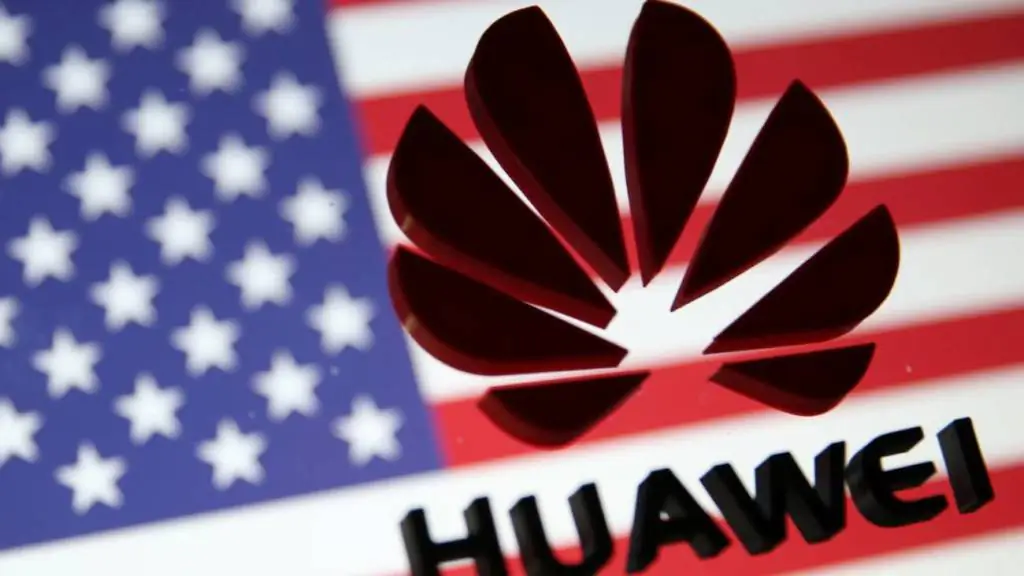
The U.S. government is reportedly poised to a two-week extension to a license permitting American companies to do business with Huawei, as Washington seeks to limit the impact of its sanctions against the Chinese telecoms giant on American businesses.
Iran offers people cash handouts to quell fuel protests
Iran has seen widespread protests over the government’s decision to reduce fuel subsidies at a time when inflation is over 40%. Following three days of protests, the Iranian government on Monday said it would provide monthly cash payments to more than 70 per cent of Iranians to compensate for the higher petrol costs. “This evening, the first phase will start by which 20m people will receive cash,” Ali Rabiei, the government spokesman, told reporters in Tehran. Another 40m people would receive payments this week, he said.
Turkey’s QNB Finansleasing receives €50m EBRD loan
Turkey’s micro, small and medium-sized enterprises (MSMEs) are to benefit from greater access to finance as the EBRD is extending a new loan to QNB Finansleasing, a leasing subsidiary of the Turkish lender QNB Finansbank.
The Bank is providing a syndicated loan of €50 million, of which €10 million will be syndicated under the EBRD’s A/B loan structure. The financing follows a previous loan of €25 million extended in 2018 and comes as medium-term lending in Turkey remains constrained by economic vulnerabilities. The loan will help strengthen the financial sector in the country and contribute to the wider proliferation of leasing.
ADB Assists Bank of Georgia to Provide Supply Chain Financing to SMEs
The Asian Development Bank (ADB) has provided a technical assistance grant to the Bank of Georgia, enabling it to offer working capital and other supply chain services to small and medium-sized enterprises (SMEs) in the country.
The Bank of Georgia is one of the largest domestic providers of loans to large corporations and individuals in Georgia, but it has not to date extended credit to SMEs. Under the terms of the grant, ADB will deploy three consultants to help the bank establish its SME lending platform, including advising on supply chain financing and market-leading technology.
HSBC executes two pilot blockchain letters of credit in the Gulf
HSBC announced it completed two blockchain letters of credit (LC) transactions — one between firms in Saudi Arabia and Bahrain, and another between companies in Oman and Abu Dhabi.
The LC blockchain is based on R3’s Corda distributed ledger technology (DLT) which powers the consortium blockchain made up of eight global banks including Bangkok Bank, BNP Paribas, CTBC, ING, Natwest, SEB and Standard Chartered.



